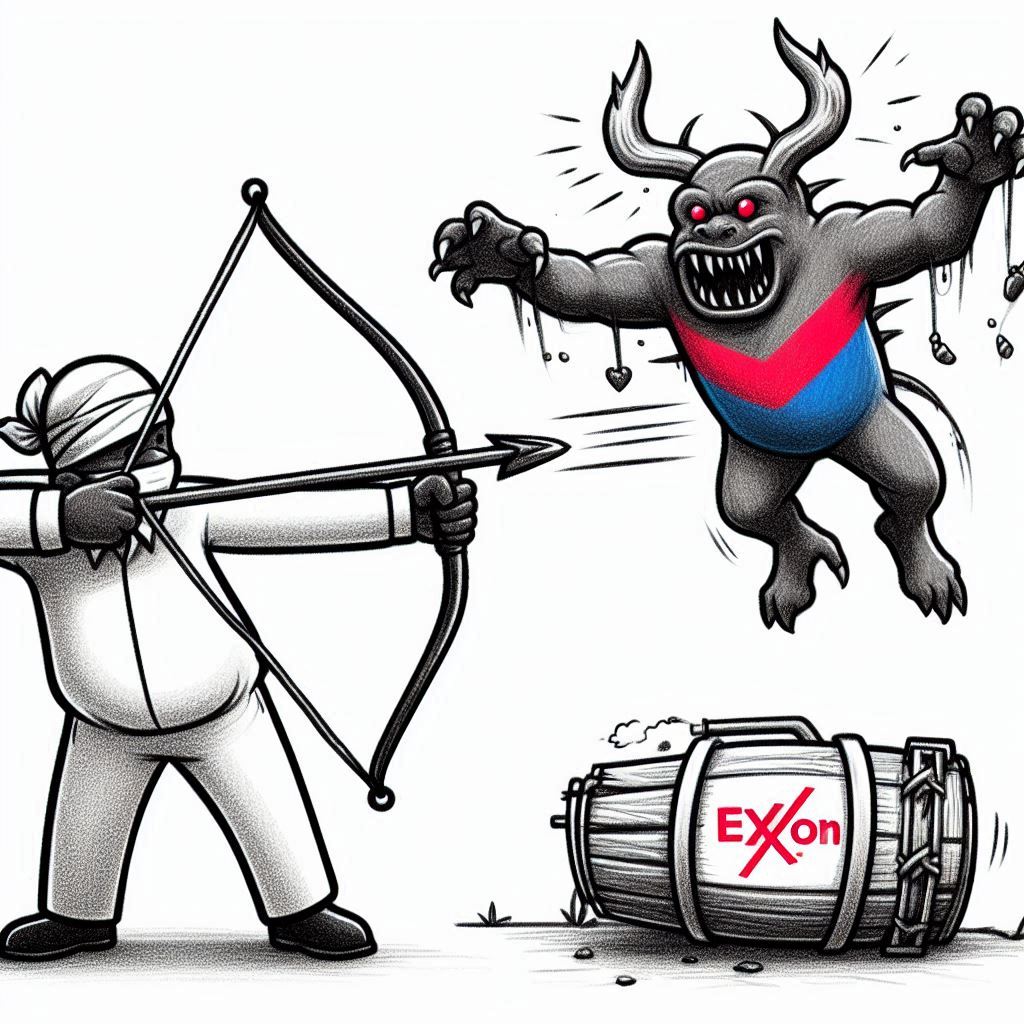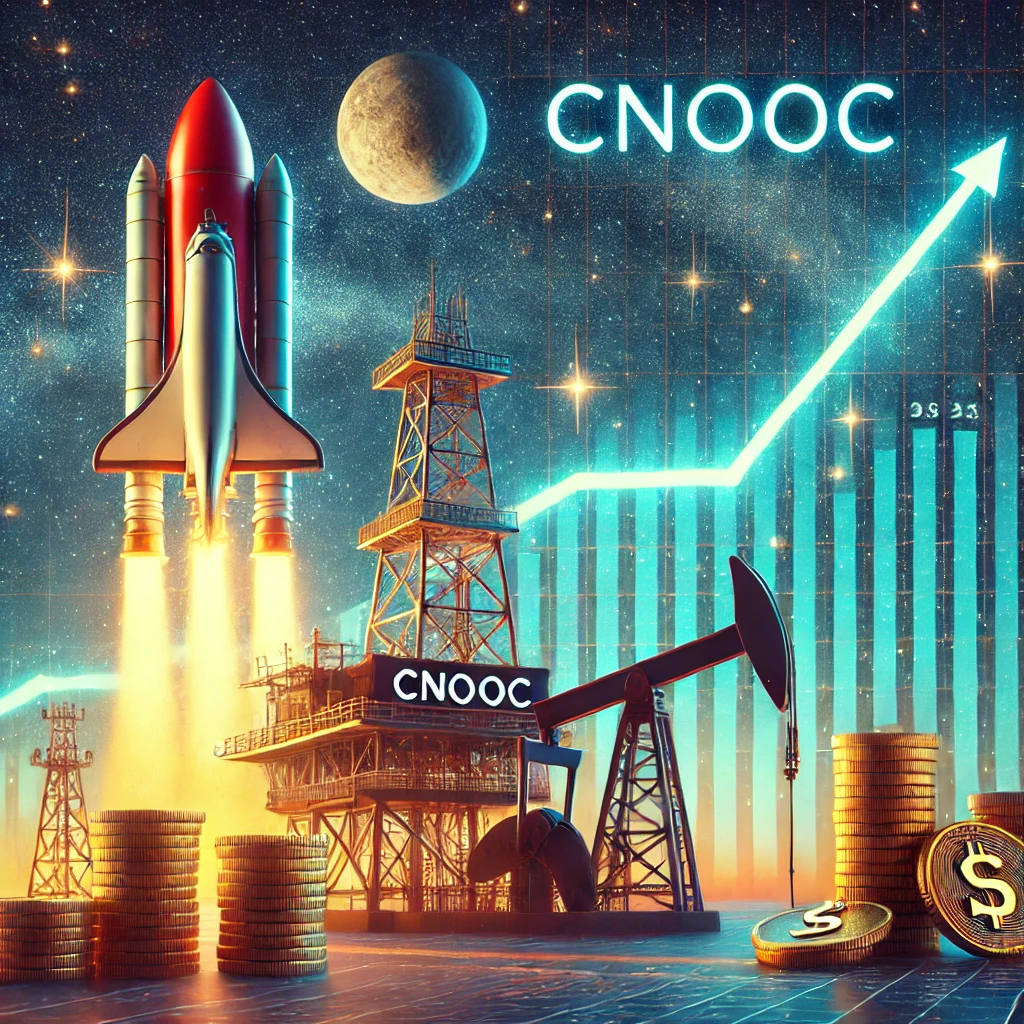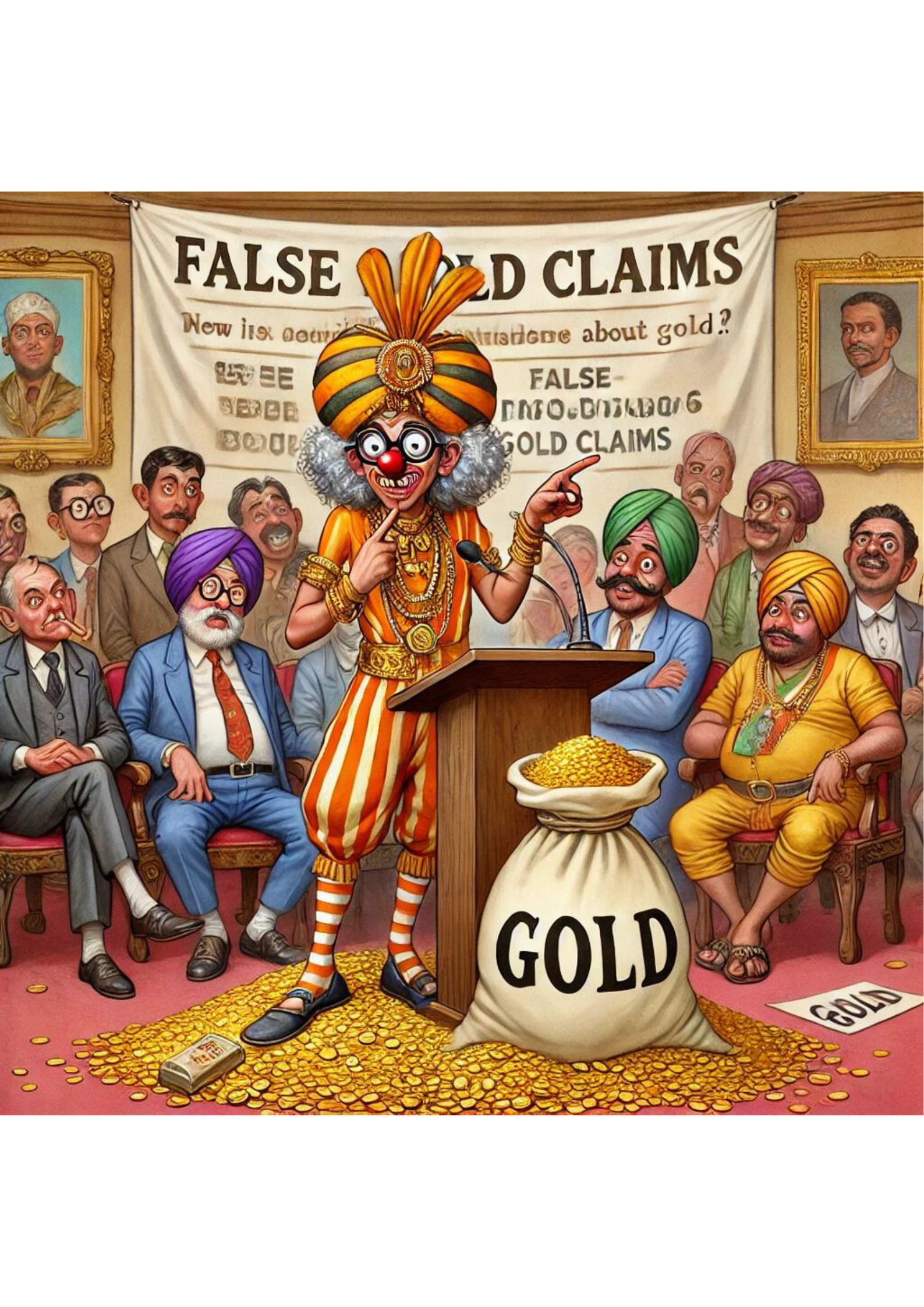The following is a commentary on Dr Bisram’s letter, `Even with a ‘yes’ referendum it would be difficult to convince ExxonMobil to come to the (re)negotiating table’ (SN Nov 9th).
He writes: “The idea of a referendum is endorsed as it empowers the public”. No sir, it is to empower the government to do something. Not the public.
Here is a nice definition: “A referendum, plebiscite, or ballot measure is a direct vote by the electorate (rather than their representatives) on a proposal, law, or political issue. A referendum may be either binding (resulting in the adoption of a new policy) or advisory (functioning like a large-scale opinion poll).
Bisram further writes: “ . . . but can it legally force (coerce) a private entity to the negotiating table after a contract is signed”? It is not about forcing anybody (Exxon) to do anything. It is about pressuring Exxon to come back to the negotiating table.
President Ali once said, “Negotiating with Exxon is like negotiating with a Superpower”. That statement clearly means GoG is afraid to demand renegotiation. The referendum’s purpose is to embolden and empower the govt.
(1) The contract had not been negotiated. Most likely also not read. Minister Trotman said he “had been instructed to sign it”. Steve Coll (Exxon Empire) reported the same thing happened in Chad – contract signed, but not read. In a court of law, this contract would very likely be set aside. No one in Guyana wants litigation. The better option is to demand renegotiation to fix a demonstrably lopsided contract.
(2) If Exxon refuses to come back to the table, tell them politely and gently, “No more permits for another well or oil field”. See how they react. Exxon may opt to go to court. Great, an opportunity for GoG to make its case – tell the Court 2% royalty is inadequate consideration; it was an underhand deal in the first place. [Minister himself said he had been instructed to sign it]. Courts are not stupid – they would know that Trotman and his govt were duped into signing that contract; and that is sufficient – together with lack of adequate consideration – to invalidate the contract.
Do not be afraid of Exxon’s power. Overcome the constraints of the Power Dynamic. Be empowered, feel empowered to stand-up to Exxon and demand renegotiation.
On 11 billion barrels (BB) of crude, the State of Guyana is losing/foregoing $37.4 billion on royalty alone [11BB times average price $80 times 4.25% = $37.4 billion]. 4.5% represents the difference comparing Guyana’s 2% royalty with Suriname’s 4.25%. This one item alone demonstrates the lopsided nature of the oil contract. This particular contract, (given all the facts and circumstances of how it came to be signed) is not constrained or protected by the legal principle, “sanctity of contract”. In fact, the contract does provide for renegotiation “if both parties agree”.
Two percent royalty in a PSA-type oil contract is scandalously low. Unheard of anywhere else in the world. Thirty-seven billion dollars (on 11 bb of crudes) is royalty money due to the State of Guyana. It is money worth fighting for.
Yours faithfully,
Mike Persaud











